Planning Actors and Scales
This theme examines the roles of formal and informal actors in the (re)production of the built and natural environments, across scales, and the impacts of actors’ policies and strategies on people’s access to housing, basic services, and public space. The actors we study include: public agents, municipalities, international actors, religious groups, political parties, real-estate developers, banks, firms, refugees, vulnerable populations, informal service providers, NGOs, CBOs, and others. More specifically, we analyze (i) actors’ discourses on, and representations of space, (ii) the range of planning, financial and legal tools being mobilized, (iii) the organization of actors in multi-scalar networks where political exchange and legitimization abound, (iv) the policy and projects’ outcomes on people’s livelihoods, and (v) the ways in which dwellers navigate and contest unjust and unviable urban policies and interventions.
This theme also seeks to understand how contemporary territorial transformations trump policy-making undertaken within regional and local governments or sectorial ministries confined to rigid administrative boundaries. We advocate instead for management and planning approaches and tools that recognize the ever-changing social and ecological dimensions of the built and natural environments, and that prioritize integrated people-centered and viability goals.
-
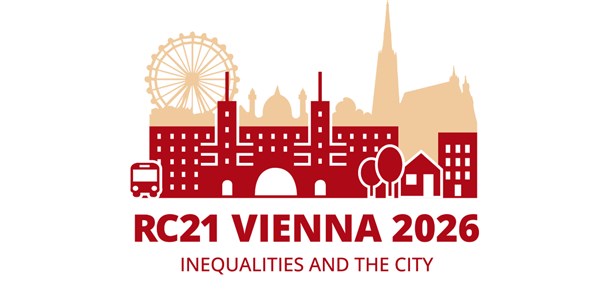
28.11.2025
Call for Abstracts
Call for Abstracts at the RC21 conference in Vienna 2026
- Planning Actors and Scales
-
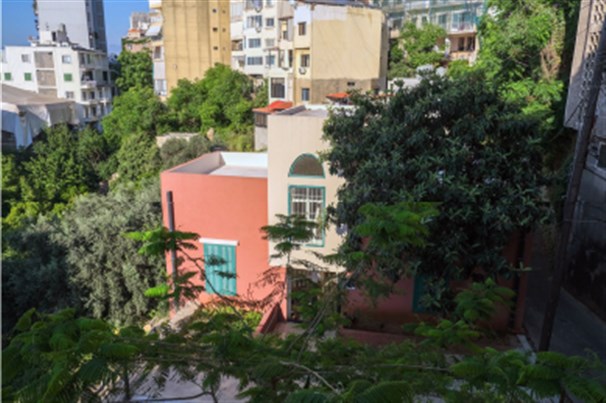
4.11.2025
Research Paper
Rebuilding post-blast Beirut: nonprofit urban governance, sectarian moralities, and emerging commons
- Planning Actors and Scales
- Urban Recovery
-
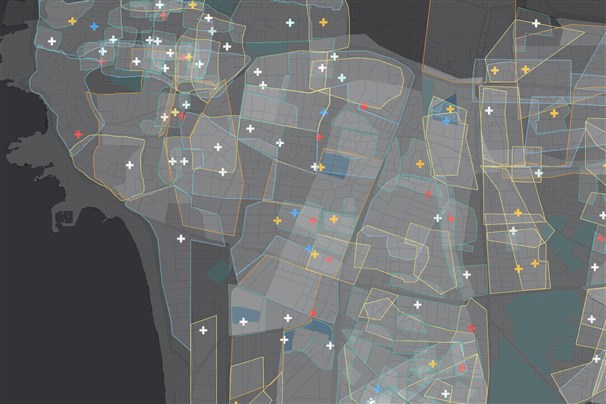
15.09.2025
Project
Beyond the Grid: Exploring Municipal Beirut’s Hybrid Energy Infrastructure
- Planning Actors and Scales
- Urban Informality
-
Publication
Urban Heritage and the Politics of the Present: Perspectives from the Middle East
Mona Fawaz (ed.), - 2006
- Planning Actors and Scales
- Spatial Practices
-
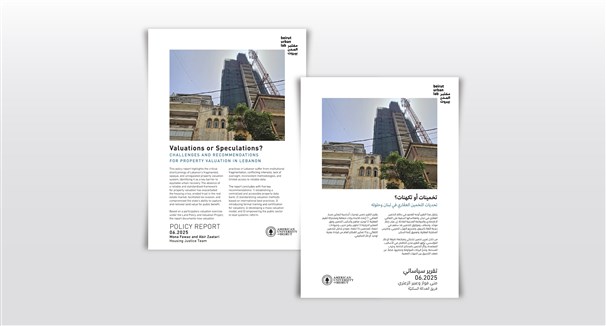
14.07.2025
Publication
Valuations or Speculations? Challenges and Recommendations for Property Valuation in Lebanon
- Social Value Of Land
- Planning Actors and Scales
-
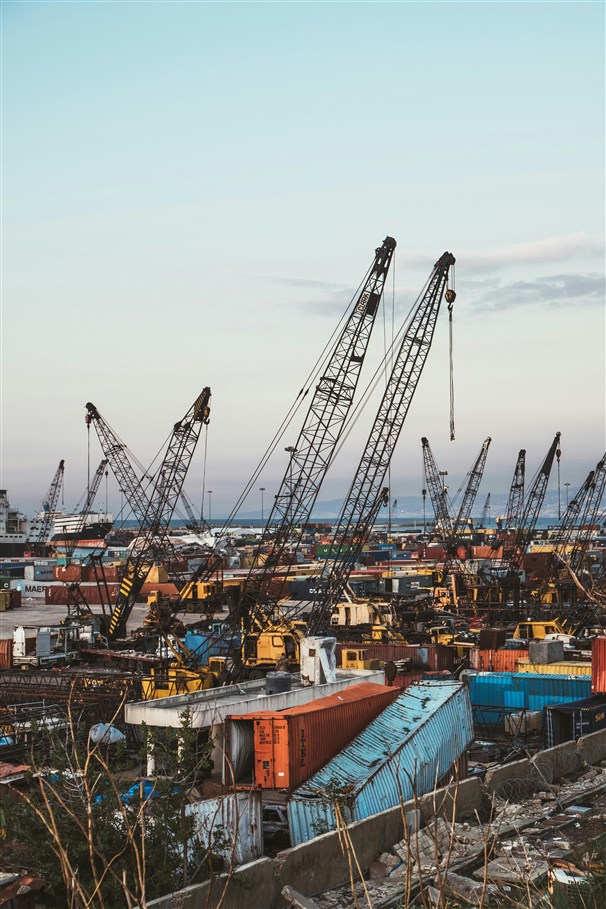
20.06.2025
Recovering the Port-City: The Implications of the Port Proposals on Beirut's Future
- Urban Recovery
- Planning Actors and Scales
-

16.01.2025
Media Round Up
Beirut Urban Lab in the Media - Israel's Assault on Lebanon
- Social Value Of Land
- Urban Citizenship
- Planning Actors and Scales
- Critical Mapping
- Urban Recovery
-
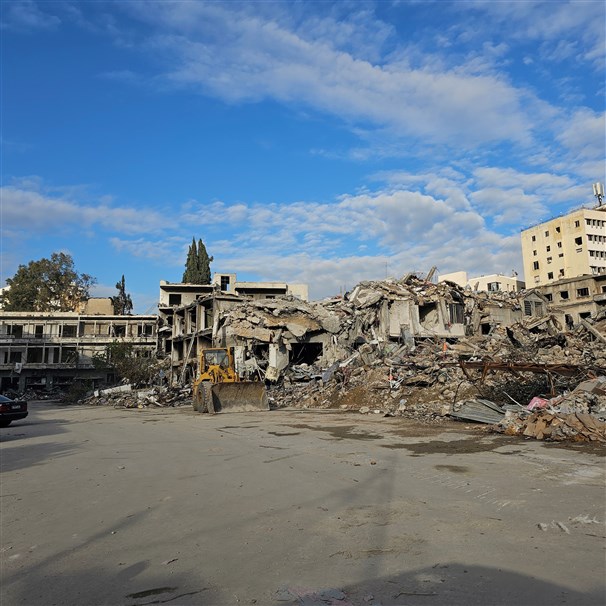
03.12.2024
Article
To survive after ceasefire, rebuild Lebanon for all its citizens
- Urban Recovery
- Planning Actors and Scales
-
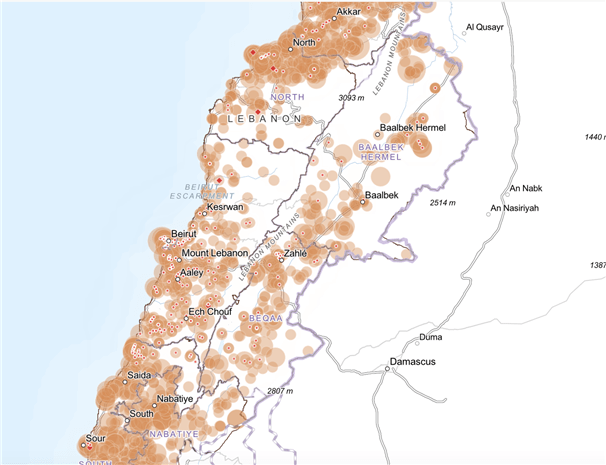
27.09.2024
Project
Government-Designated Shelters in Lebanon
- Urban Citizenship
- Critical Mapping
- Planning Actors and Scales
-
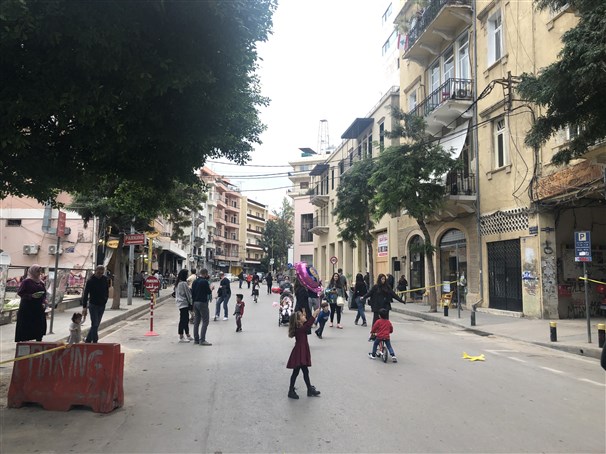
05.09.2024
Project
Beirut’s Post-Blast Urban Recovery: A Story of Nonprofits, Aid, and a Dysfunctional State
- Planning Actors and Scales
-
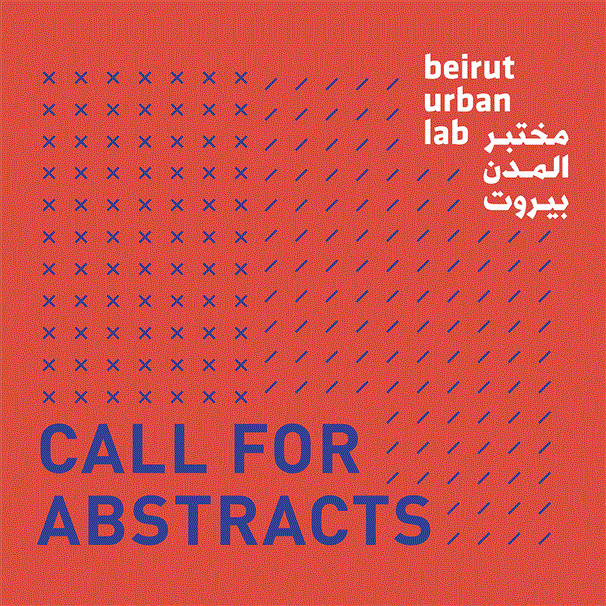
28.08.2024
Call for Abstracts
Call for Abstracts at the RC21 meeting in Rabat 2025
- Planning Actors and Scales
-
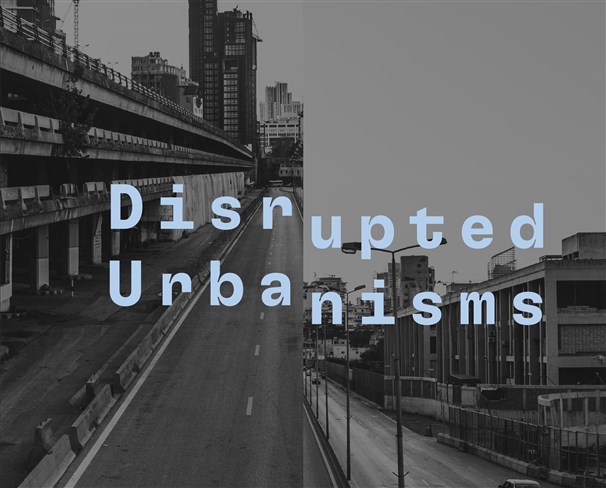
09.08.2024
Our Reflections
Twenty Years of City Debates - The 20th Edition's Introductory Note
- Planning Actors and Scales
-

17.06.2024
Discussion
The Beirut Port Discussion Series
- Planning Actors and Scales
- Urban Recovery
-
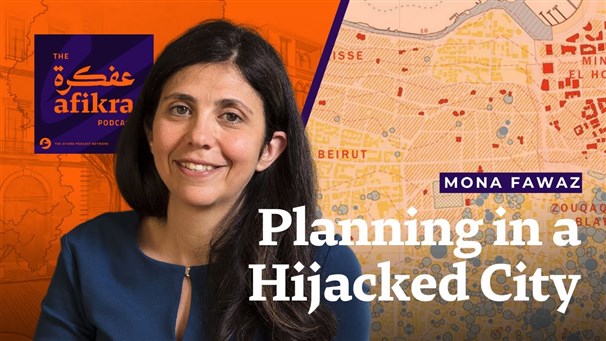
25.04.2024
Interview Q&A
Hijacked City: Urban Planning for a Better Beirut
- Planning Actors and Scales
- Spatial Practices
- Urban Citizenship
-

27.03.2024
Journal Article
The Promises and Pitfalls of Disaster Aid Platforms: A Case Study of Lebanon’s 3RF
- Planning Actors and Scales
- Urban Recovery
-
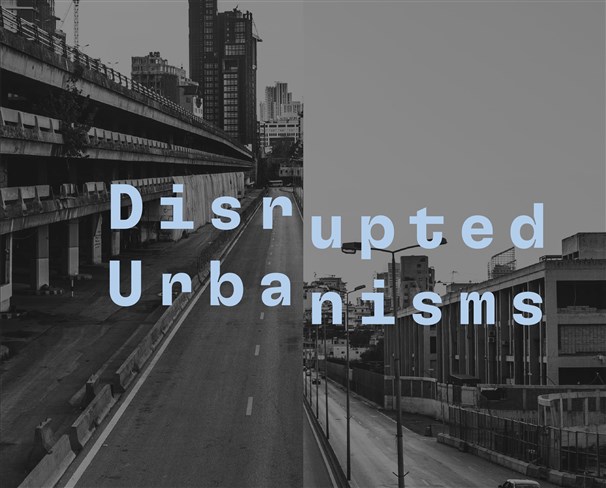
26.02.2024
Conference
City Debates 20th Edition: Disrupted Urbanisms
- Planning Actors and Scales
-
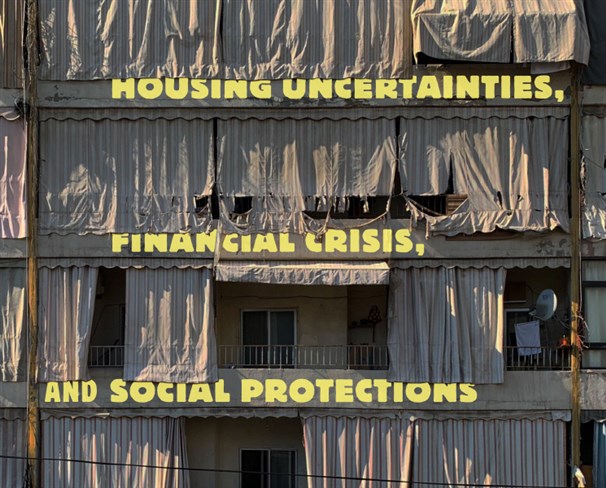
02.10.2023
Video
Virtual Discussion Series: Housing Uncertainties, Financial Crisis, and Social Protections
- Social Value Of Land
- Planning Actors and Scales
-
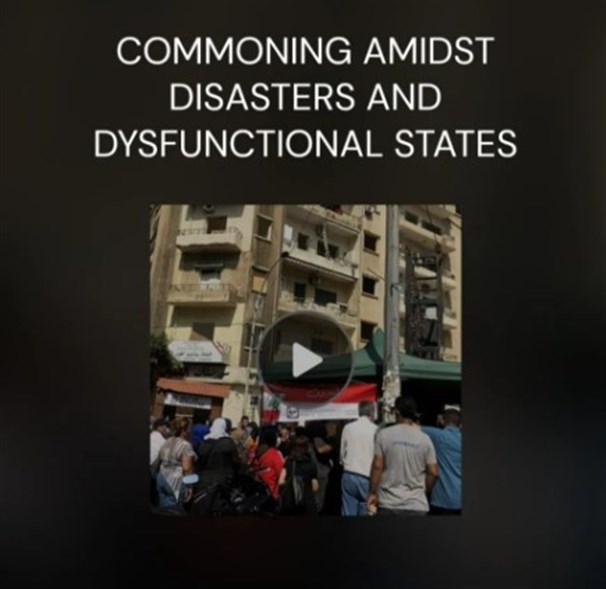
24.07.2023
Audio Recording
Commoning amidst Disasters and Dysfunctional States: Actors and Governance of the Urban Recovery of Beirut
- Planning Actors and Scales